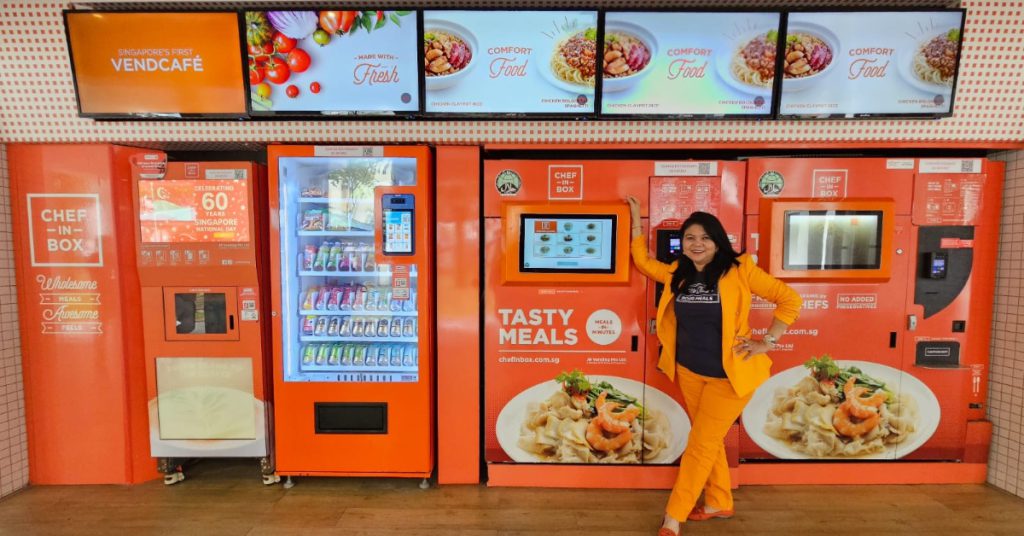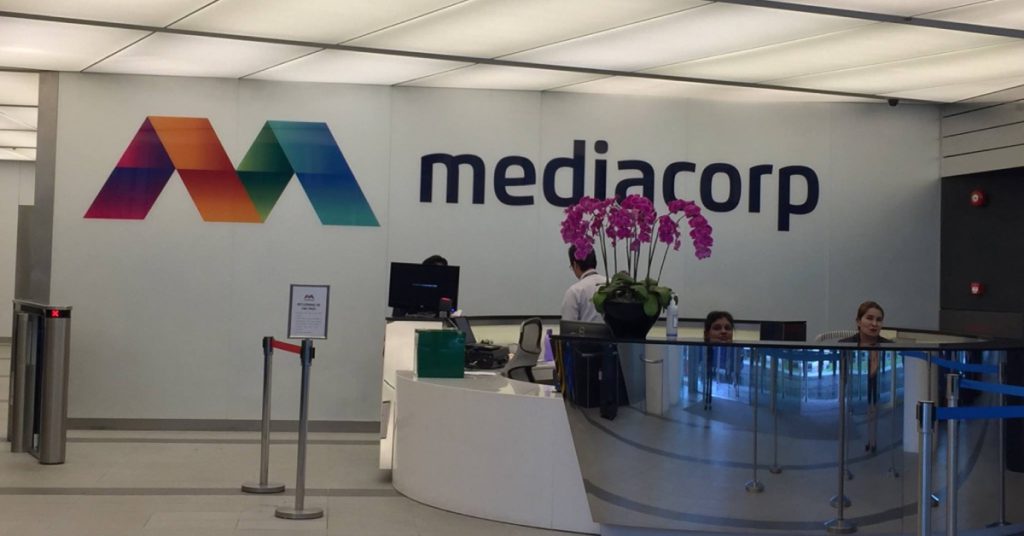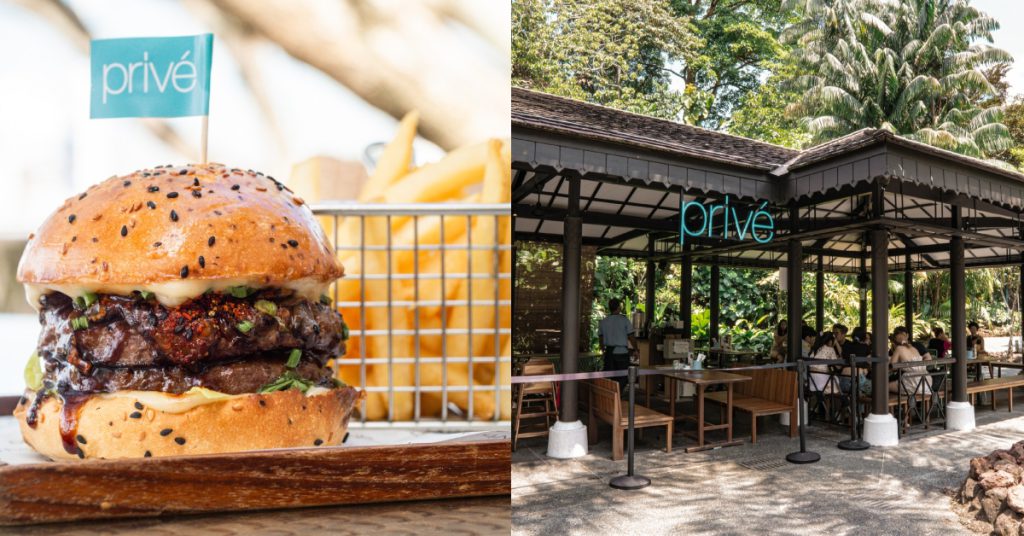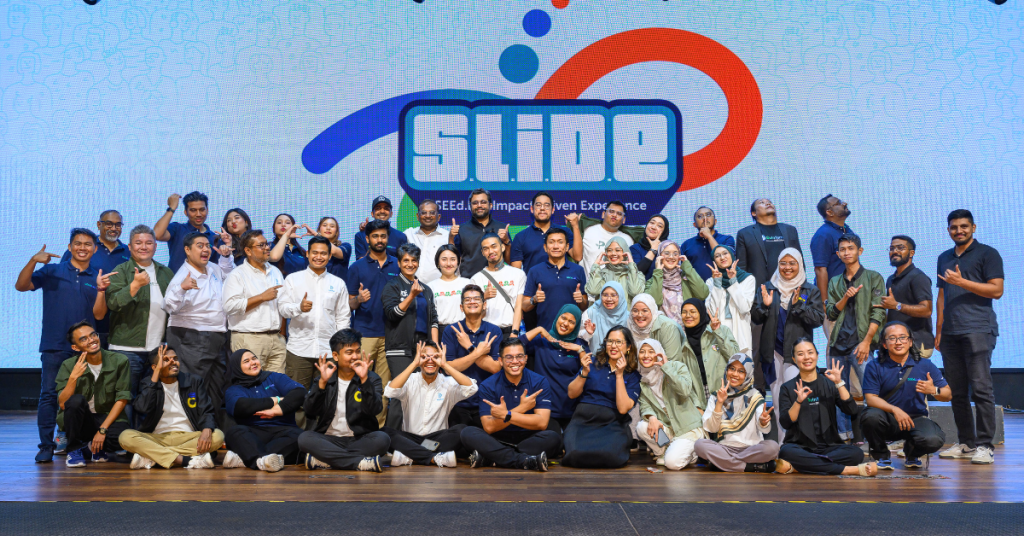- New York-based WeWork are entering Malaysia with opening of their biggest space in Southeast Asia.
- WeWork brings along a huge brand name and a unique approach to leasing that has been widely discussed online.
- We talked to WeWork about their model and how they plan to make it work in Malaysia.
In Malaysia’s bustling co-working ecosystem, it’s become common occurrence where no one bats an eyelid whenever a new player emerges—from large corporate-serving spaces to medium-sized ones to spaces that only hold no more than a handful, Malaysia (and the Klang Valley in particular) really do not have a shortage in options as far as co-working is concerned.
But when global co-working giant WeWork announced their arrival on local soil last year, everyone stood up to take notice. Bringing with them their giant brand and well-documented unique co-ownership approach to the co-working space, WeWork’s expansion into Malaysia comes along with their biggest space in Southeast Asia, a sprawling complex located in Equatorial Plaza.
Curious to see just how they plan to implement their model here, we reached out to the WeWork team with some questions about their hopes for their Malaysian chapter.
The “Participating Lease”
Starting off, we asked WeWork how exactly does their model works, and more importantly, how they plan to make it work in the Malaysian market.

Turochas Fuad (also just known as T), WeWork’s Managing Director in Southeast Asia explained from the offset that WeWork employs a concept known as a “participating lease”—a model where landlords and property owners can actually inject capital into WeWork or lower their upfront payments in order to receive part of the revenue generated by WeWork themselves.
This is in contrast to the usual model of a co-working space renting a space or a set of floors and then subletting them to patrons.
“It’s an innovative partnership where landlords will be able to share the upsides that WeWork generates while still maintaining control over its assets,” T said. “Essentially, landlords have a space and we fill it.”
“As an analogy, our landlords provide the hardware, and WeWork provides the software—together, we are creating a platform for companies of all sizes to succeed and excel.”
He said that this model has so far also provided intangible benefits to the owners of the properties that WeWork have so far moved into, with things like occupancy and rent premiums going up and the profit margins of nearby businesses (cafés, sundry stores, gyms, etc) also seeing positive effects as a result of WeWork just being in the area.
All this is also complemented by the type of tenant that they bring in including Fortune 500 companies and other brands of high repute.
“In essence, we create value by helping landlords fill their buildings with tenants and generate billions of dollars in rent for them,” he said while also revealing that their global membership currently consists over 30% of companies with over 1,000 employees. In Singapore, this number stands at an impressive 45%.
In Malaysia, this “participating lease” model is run as a partnership with Malaysian firm Daman Land—the partners they started their first Malaysian space at Equatorial Plaza with.

Making It Work In MY
As for Malaysia itself, T feels that the promising outlook afforded to the local market means that its co-working ecosystem was prime for entry even despite there already being a surfeit of options.
“We believe Malaysia is experiencing a sustained strong outlook for amidst steady growth forecasts in Asia,” T said.
“Its thriving environment and unique position in Southeast Asia make it a truly exciting market for us to enter.”
He shared his opinion that the robust co-working trend in Malaysia may also serve to help reposition the demand for oversupplied offices instead of reducing it, simply because of how it easy it is to transform traditional office spaces into co-working spaces, which is exactly what WeWork hope to do in the immediate future.
“The way WeWork is changing especially across traditional businesses like real estate, buildings will be much healthier environments, and landlords will need to create partnerships with providers who can help create services and experiences in addition to basic lease tenancies.”
“We provide a one-stop solution in terms of design, buildout to management, and—leveraging on our brand value—a global footprint and a strong member base,” he added.
“What we’re doing here is continuing our mission to humanise work, life, and play—to create buildings with dynamic environments for creativity, focus, and connection, where companies and people can grow together, and we’re excited to bring that to Malaysia.”
Explaining how WeWork hopes to continue being relevant within the Malaysian market, T once again referred to their partnership with Daman Land as the key driver behind their expansion efforts, putting into practice their “global company, local playbook” ethos.
“Daman Land helps us navigate through the subtle nuances and complexities of the Malaysian market in order for us to customise our approach to cater to the demands of the community.”
“On the back of incentives and initiatives outlined in the 2019 Malaysian Budget, WeWork’s ongoing growth will go one step further in supporting startups, entrepreneurs, and businesses of all sizes, where the WeWork global community will be able to greatly empower members by facilitating connections not just within Malaysia but across the region and globally.”
As for their future plans in Malaysia, WeWork first hope to fully establish their operations at their first location at Equatorial Plaza, and then expand to the rest of the Malaysia, with locations such as Damansara Heights, Bangsar, and Penang touted.
- To know more about WeWork in Malaysia, visit their official website.
Feature Image Credit: WeWork












